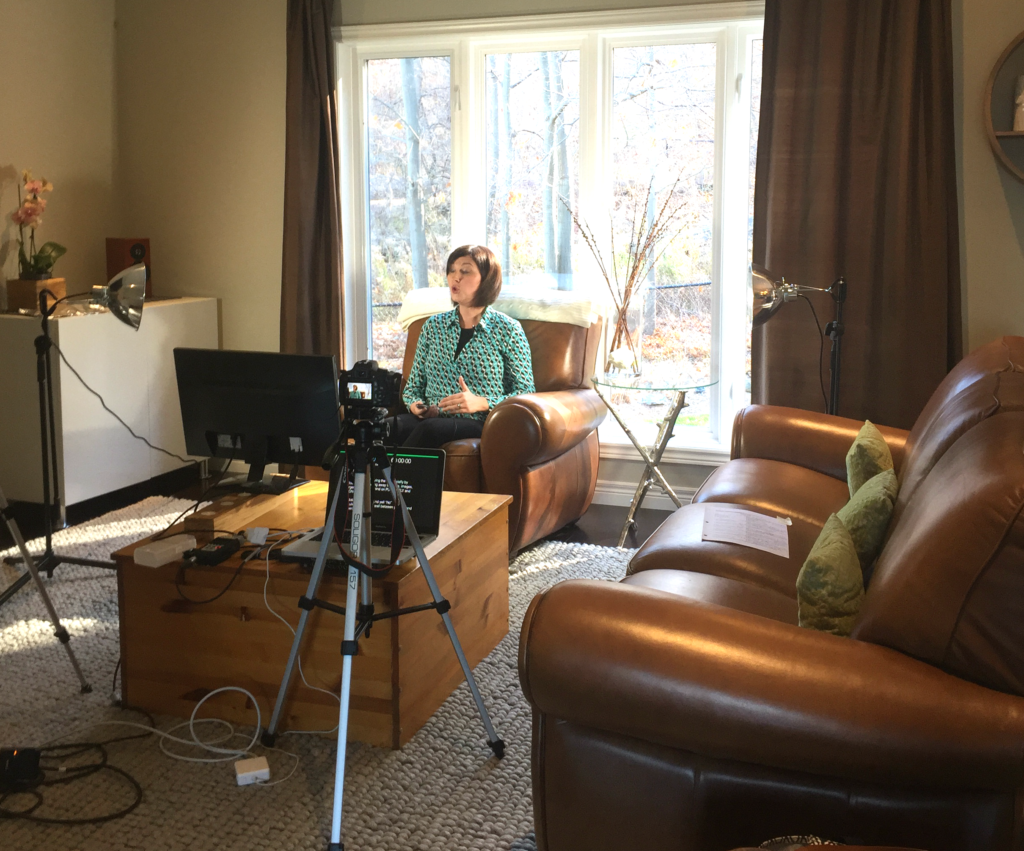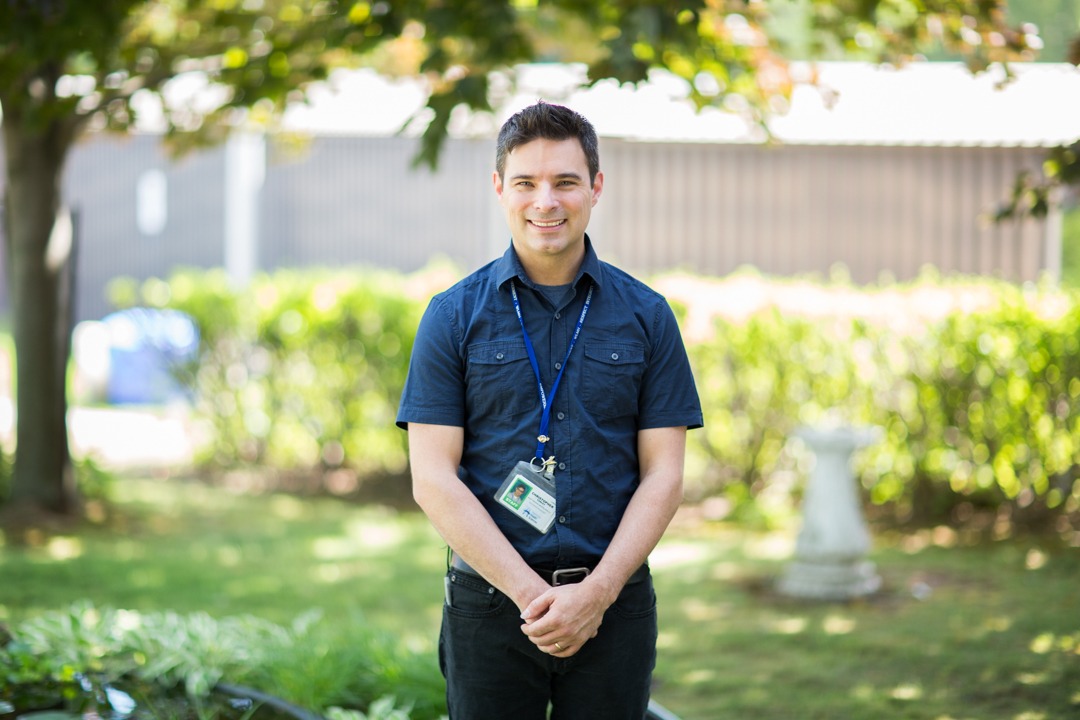
Delivering mental health treatment with DBT
What is Dialectical Behaviour Therapy (DBT)?
For people with severe mental health concerns, Dialectical Behaviour Therapy can be a life saver. Literally. The treatment, known to most as DBT, is targeted at patients with multiple mental health diagnoses who are depressed, extremely anxious, and often struggle with being suicidal or self-harming.
The West Niagara Mental Health Team has been offering DBT at West Lincoln Memorial Hospital (WLMH) for 11 years. The treatment has a high rate of effectiveness and has been tested in over 32 randomized controlled research trials.

“It’s a very effective treatment,” says Christopher Conley, a clinical specialist at WLMH. “It’s also very time intensive and there is a high demand for the treatment. The therapy can last several months and because of that we, and other DBT service providers, have significant wait lists.”
Investigating how to tackle the wait list
That wait list is one of the reasons Conley, who is also a registered social worker, and his co-investigator, Dr. Khrista Boylan, decided to spearhead an innovative research project. It involves delivering one of DBT’s key components, behavioural skills training, via online teaching videos that feature the clinic’s interdisciplinary staff.
The videos focus on Dialectical Behavioural skills, a specific part of DBT that teaches patients four main skill sets:
• Mindfulness
• Interpersonal
• Emotional regulation
• Distress tolerance
Conley and his team are filming 50 short videos that teach these skills. A pool of participants who are currently on the DBT wait list at WLMH will be invited to join the study, and asked to watch the videos online.
“Some people who are eligible for DBT struggle to engage in in-person treatment, so this may even be an alternative for that population.”
“We hope that the videos engage these patients, and that they are interested in watching and learning,” says Conley. “Some people who are eligible for DBT struggle to engage in in-person treatment, so this may even be an alternative for that population.”
Learning whether people will watch
Phase one of the study is focused on examining the acceptability and perceived ‘helpfulness’ of the videos for patients who are waiting for treatment. The goal is to test the palatability of the videos, and whether participants are likely to follow through on watching them. The research team will be able to track who viewed the videos, how many times, and whether they watched to the end. They’ll also obtain detailed feedback from research participants.
“If people receive it before DBT, will they respond to treatment better or faster? Can we use it as a maintenance measure after DBT?”
“We first need to test whether the videos are of interest to patients,” says Conley. “If they are watching them consistently, then we can begin studying how effective they are, and how the videos might support, enhance, or possibly even replace traditional DBT Skills training.
Hope for the future
“If phase one of our testing is successful, we want to start answering questions about how this can be used in combination with DBT,” Conley adds. “Can it augment in-person or group therapy? If people receive it before DBT, will they respond to treatment better or faster? Can we use it as a maintenance measure after DBT?”
The ultimate goal of this research is to determine how learning these skills through online video can affect the outcome of a patient’s treatment, give patients access to treatment faster, and create lasting positive treatment outcomes.
By investigating the effectiveness of new delivery tools and methods, these researchers are opening doors to more efficient and effective treatment.
This research is funded by Hamilton Health Sciences’ Research Administration internal peer-review funding program through the Clinical Health Professional Investigator Grant. As a member of the Council of Academic Hospitals of Ontario, we emphasize research that makes Ontario healthier through the discovery of better care, cures and treatments for the most pressing challenges.
